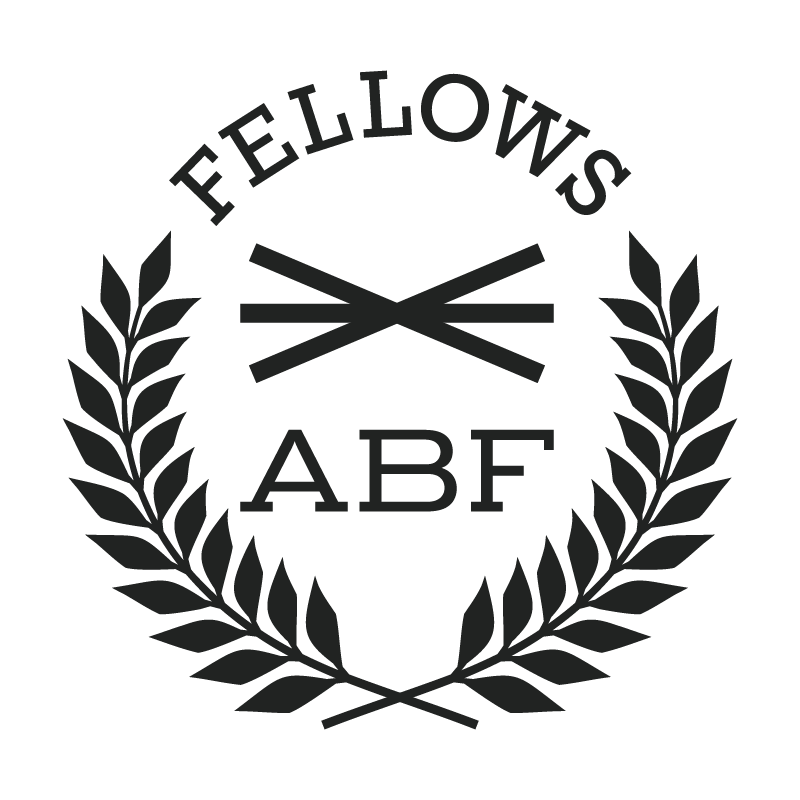2025 January Utah Fellows Reception

Please join the Utah Fellows for a reception and presentation of “Our Court: A History of the United States Supreme Court” by ABF Research Professor, Christopher W. Schmidt.
Wednesday, January 15, 2025
4:45 PM MT – Reception
5:00 – 6:00 PM MT – Presentation
Utah Law and Justice Center
645 S. 200 E
Salt Lake City, UT 84111
**Approved for CLE Credit**
The United States Supreme Court today occupies a place in American politics and culture more prominent and more contested than at any point in history. The overturning of Roe v. Wade dramatically raised the Court’s profile and further polarized public attitudes toward it. Recent Court vacancies have produced passionate ideological confrontations that have exploded long-established political norms and practices, proposals to reform the Court have become debate points of mainstream politics, and the ethics of the justices are not a regular topic of media coverage. For many Americans the Supreme Court has become a focal point for their hopes and fears and shaping its composition and direction a responsibility of democratic citizenship. A defining characteristic of the modern Supreme Court is this perceived connection between the American people and the Court.
Professor Schmidt’s research examines a key moment in the making of the modern Supreme Court: the failed appointment of John Parker to the Supreme Court in 1930. Prior to Parker, no Supreme Court nominee had been voted down in the Senate for almost half a century, and almost forty years would pass before it happened again. Schmidt argues that this event had lasting significance in the ways groups like the National Association for the Advancement of Colored People (NAACP) led the campaign to defeat Parker by using the Court to energize social movement activity and advance their political objectives. In making the case for active citizen oversight of the Court, the NAACP, with the support of allies in the press and in Congress, forged new pathways connecting the Court and the American people.
The Fellows Gratefully Recognize Event Sponsors



